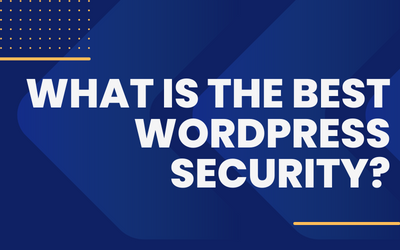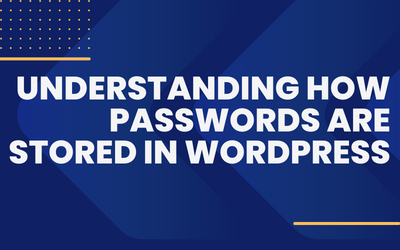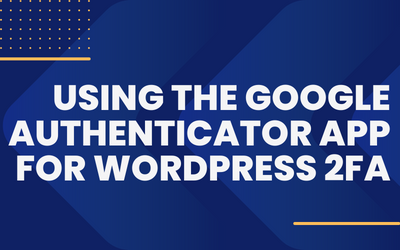As a WooCommerce store owner, it is crucial to regularly scan your website for vulnerabilities that could be exploited by hackers. In this article, we will explain what vulnerability scans are and provide a list of providers that offer this service for WooCommerce store owners.
What are Vulnerability Scans?

A vulnerability scan is a process of identifying vulnerabilities in your website’s code and configuration that could be exploited by cybercriminals. The scan involves using automated tools to search for known vulnerabilities in your website’s software, server, and network.
These vulnerabilities could include outdated software versions, misconfigured settings, insecure passwords, and other weaknesses that could allow hackers to gain unauthorized access to your website and steal sensitive data such as customer information or payment details.
By conducting regular vulnerability scans, you can identify and address these weaknesses before they are exploited by cybercriminals.
Providers that Offer Vulnerability Scans for WooCommerce Stores
1. Sucuri
Sucuri is a popular security provider that offers a range of services, including website security, malware removal, and vulnerability scanning. Their vulnerability scanner checks for vulnerabilities in your website’s code, configuration, and network, and provides a detailed report of any issues found.
Sucuri pricing starts at $199.99 per year for their Website Security Platform, which includes a firewall, malware removal, and continuous monitoring. The Pro plan, which includes vulnerability scanning, starts at $299.99 per year.

2. Qualys
Qualys is another provider that offers vulnerability scanning services for WooCommerce store owners. Their cloud-based solution scans your website’s code, configuration, and network for known vulnerabilities and provides a detailed report of any issues found.
Qualys pricing is based on the number of IP addresses and applications you need to scan. Their pricing starts at $995 per year for 5 IP addresses.

3. SiteLock
SiteLock is a website security provider that offers a range of services, including website scanning, malware removal, and vulnerability scanning. Their vulnerability scanner checks for known vulnerabilities in your website’s code, configuration, and network and provides a detailed report of any issues found.
SiteLock’s pricing starts at $299.99 per year for their Secure plan, which includes malware scanning, vulnerability scanning, and automatic malware removal.

Conclusion
Regular vulnerability scanning is an essential part of maintaining the security and integrity of your WooCommerce store. By using one of the providers listed above, you can ensure that your website is thoroughly scanned for vulnerabilities and any issues are promptly addressed. While there are other providers that offer vulnerability scanning services, these three options are some of the most popular and reputable in the industry.










